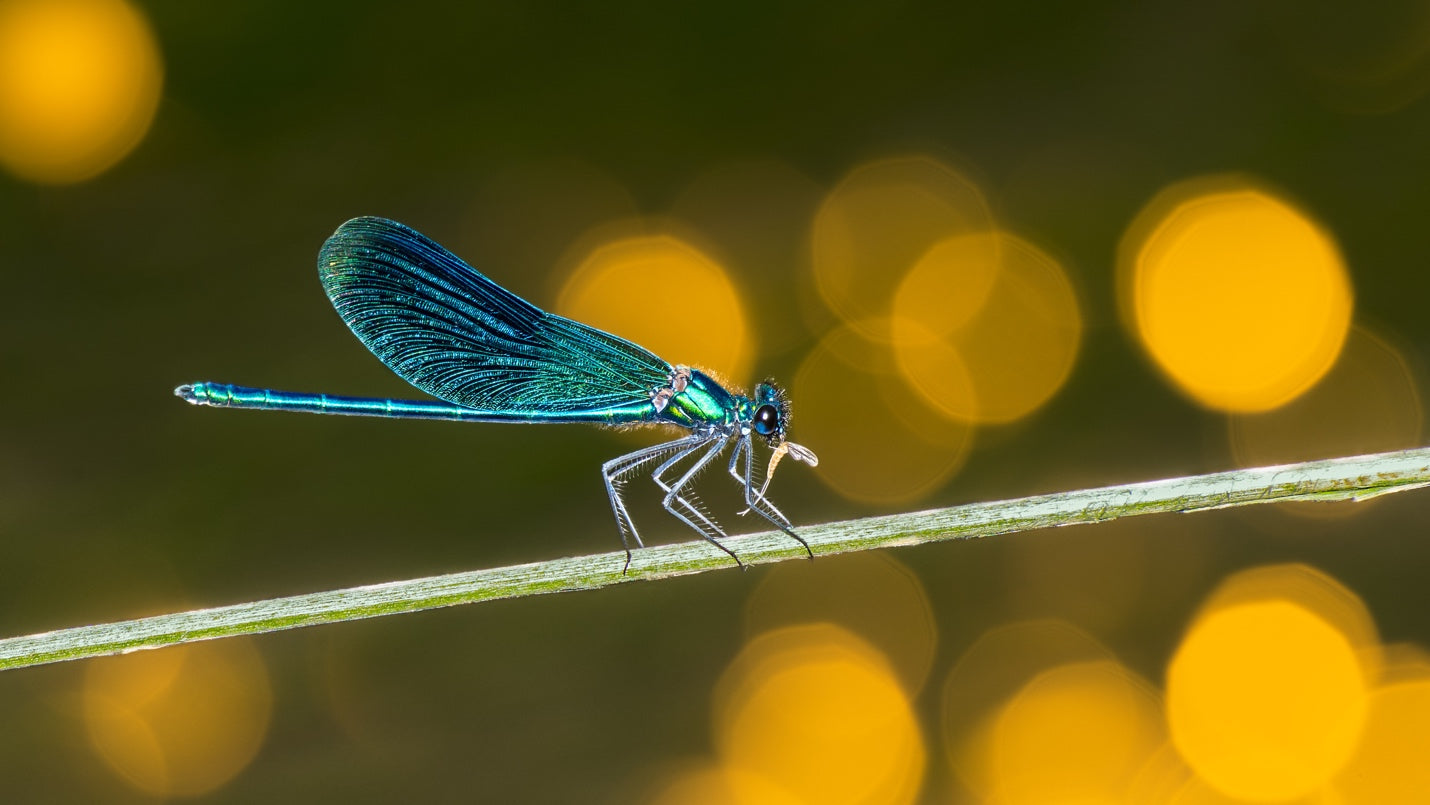
Mosquito Predators: What Eats Mosquitoes?
What eats mosquitos
We all know that mosquitos love to feast on us. Arms, legs, and any exposed human skin is fair game to these blood sucking insects. Most of us have experienced the aftermath of those bites: red and swollen welts that itch relentlessly.
Female mosquitoes require a blood meal in order to develop eggs and humans are often on the menu. Male mosquitos are strictly vegan and stick to nectar and plant based meals. Female and male mosquitoes have different mouth parts that allow them to take a bite out of their favorite snacks.
So mosquitos-females, anyways-eat us, but what eats mosquitoes?
Insects, birds, and other common animals have mosquitoes on the menu. Though these natural predators to mosquitoes will not completely control these biting pests around your home, they can take a bite out of the mosquito population. Keep an eye out for these mosquito predators in your yard and consider ways to attract them as a natural supplement to your MosquitoNix® mosquito control program.
Bugs That Eat Mosquitoes
Female mosquitoes suck the blood of other animals but they-female and male mosquitoes-also have their own place in the food chain.
Two flying insects that like to snack on mosquitoes are dragonflies and damselflies. Dragonflies, also known as mosquito hawks, love to dine on mosquito larvae and their parents that use water as their mating ground and nursery. Mosquitoes need standing water to lay their eggs and breed, making them easy targets for hungry dragonflies and damselflies.

Dragonflies can fly at a higher speed than mosquitoes and catch adults easily. Damselflies look like smaller dragonflies and enjoy eating pesky mosquitoes.
Though technically not insects, spiders also eat mosquitoes. Unlike dragonflies and damselflies, spiders don't actively hunt for mosquitoes, but they will eat any that become trapped in their webs. There are even some predatory mosquitoes that will eat other mosquitoes, especially during the larvae stage.
Mosquito-Eating Birds
You may expect mosquitoes to be too small for birds to bother with, but several bird species do eat the blood thirsty insects. Birds devour mosquitoes in both the adult and larvae stages as a tasty and prevalent source of nutrition. The more common mosquito eating birds are barn swallows and purple martins, although bluebirds and cardinals also make a meal of mosquitoes.

Since mosquitoes require water to breed, waterfowl like geese and ducks are also big predators. They snack on mosquito larvae found in ponds and lakes, where the supply is seemingly unlimited.
Other Animals That Prey on Mosquitoes
The natural predator list continues with other animals that regularly dine on these unwelcome flying insects.
Bats hunt nocturnally, but they can take advantage of dusk and dawn to eat mosquitoes when they are most active.
Frogs, turtles and fish are also great mosquito hunters since they all live in or around the water. They prefer mosquitoes in the larval stage, and none are quite as ravenous as the aptly named mosquitofish. Other fishes that indulge in these pesky insects include guppies, goldfish, catfish, bluegills and bass.
Attracting mosquito eaters
Attracting these natural mosquito predators, in conjunction with your MosquitoNix system, will help keep your outdoor environment pest free. Attractive water sources, birdhouses and bird baths are some ways you can convince these mosquito eaters to dine frequently on these unwanted insects.
If you have a pond, fountain or another water source in your yard, consider creating a habitat for frogs or fish like mosquito fish, bluegills and goldfish. The fish can eat any larvae on the water, and the frogs can capture those adult mosquitoes sticking close by.

Your water feature can also attract dragonflies and damselflies, especially if you have aquatic plants and grasses along the edge for a safe hiding spot. Of course, a water source can also invite more mosquitoes to breed, so you may need to try it out to see if the pros outweigh the cons.
Entice more small birds to your property by hanging birdhouses around your property. Do a little research to see what type of birdhouses different mosquito hunters prefer. Consider setting up a birdbath as well, but plan to change the water frequently to reduce the chances of it becoming another mosquito breeding ground.
Protect your outdoor spaces
While natural mosquito predators can help control the mosquito population around your home, they may not be enough to keep mosquitoes at bay, especially during peak seasons. Mosquitoes can carry dangerous diseases, and it's always a good idea to take extra steps to keep your home or business mosquito-free.
At MosquitoNix, we offer various mosquito control services to fit all your residential and commercial needs. We have custom misting systems for long-term mosquito control around your home or property, ongoing fogging treatments that can be used short-term for outdoor events and all-natural green services for those looking for non-toxic, eco-friendly options. We even have a portable mosquito control device that's perfect for taking camping. To learn more, request a free quote today.
Leave a comment
Comments will be approved before showing up.
Also in News

Can Pets & Kids Have Fun In The Yard Right After A Mosquito Treatment? What Every Long Island Family Should Know

Kid Friendly Mosquito & Tick Defense on Long Island
Kid Friendly Mosquito & Tick Defense on Long Island


